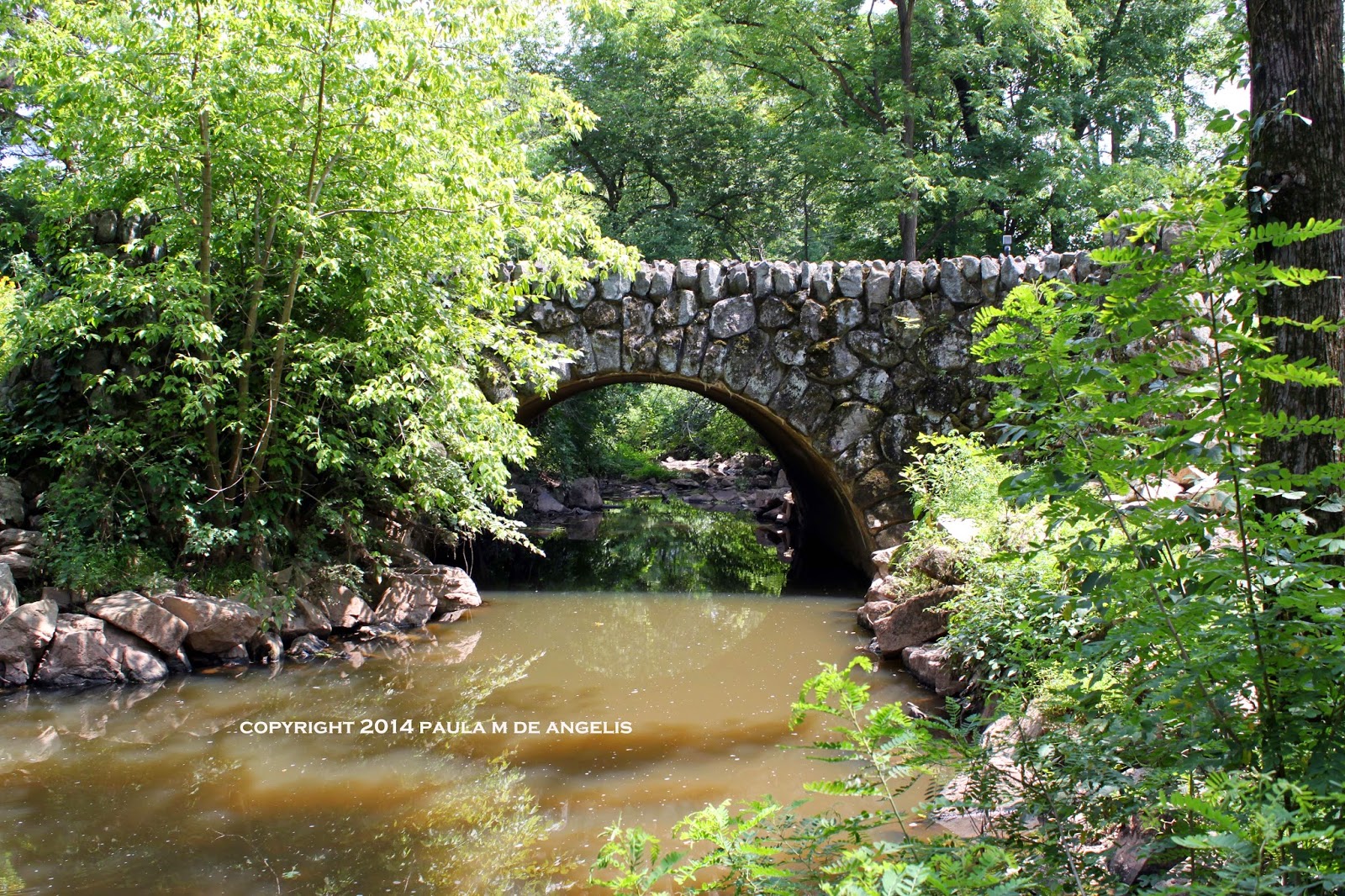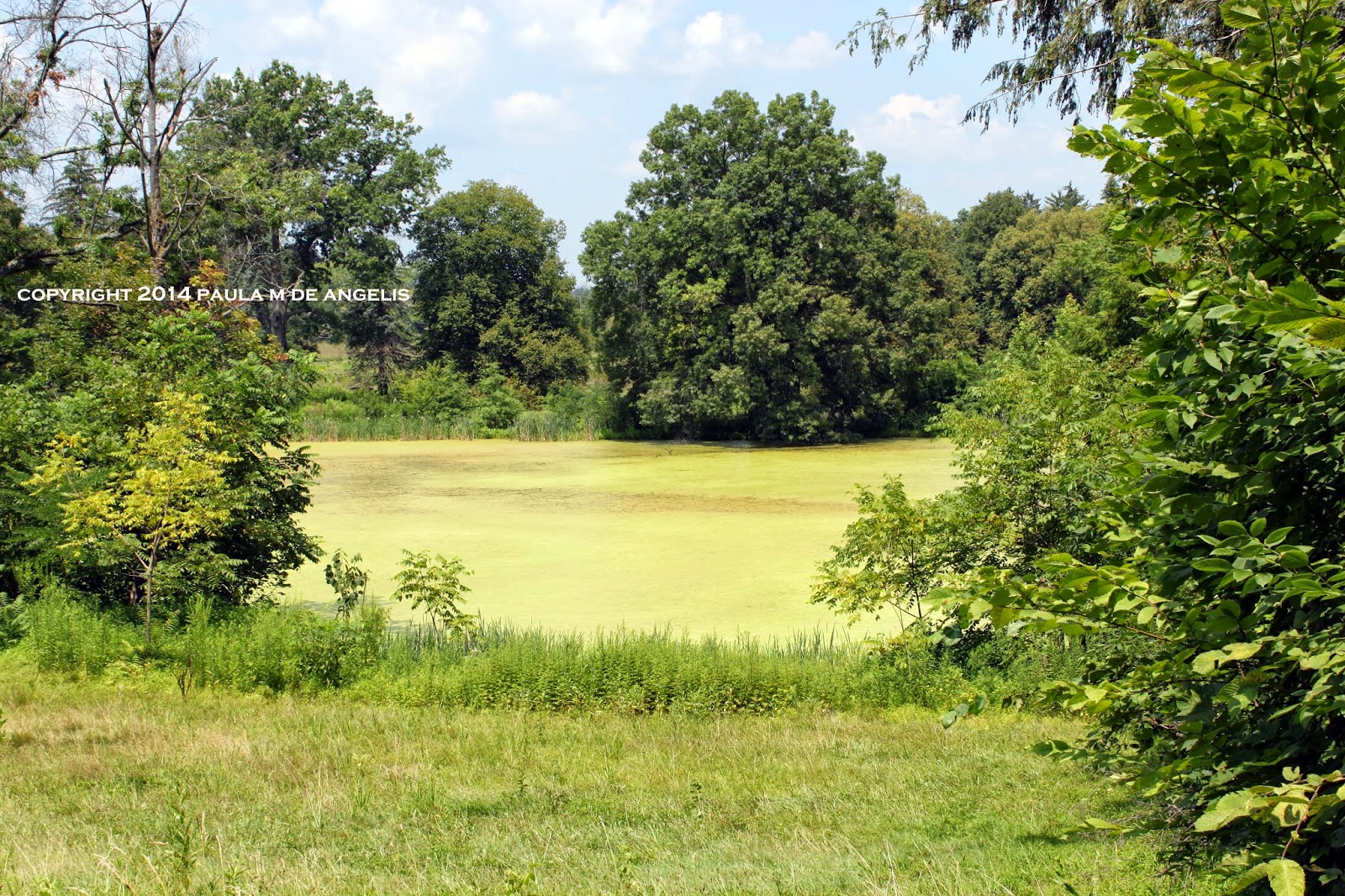Twenty-seven years ago
Wednesday early August
Left New York City for London
British Caledonian night flight
An airline that exists no longer
Her first trip abroad
Landed early morning Thursday
Her hotel on Charlwood Street
1850s building
Charming bed and breakfast
Recommended by student travel guide
Attic room with shower down the hallway
Almost Dickensian
Sunlit dining room on first floor
Her first English breakfast
Served by owners, Italian couple
Pork sausage, collar bacon, tomato, fried
egg, toast, and marmalade
Had waited years for that
Anglophile parents leave their mark
English afternoon tea was yet to come
Plans to sightsee London
Friday morning bus tour atop a
double-decker
Open upper deck, blue skies and puffy clouds
It mostly rains in Britain she was told
Not so when she was there
Big Ben, Parliament, Westminster Abbey
Tower of London, Tower Bridge,
Buckingham Palace
Trafalgar Square and Piccadilly Circus
Then she commenced her walking tour
Through Hyde Park to Oxford Street
And then to Piccadilly Circus, Leicester
Square
Fed the pigeons at Trafalgar Square
Like so many other tourists
Heart-touched by that experience
Visited St. Martin in the Field Church
Near Trafalgar Square
With its bookstore in the crypt
And walked to Charing Cross Road
To see for real what she had only pictured
Since seeing 84 Charing Cross Road
With Anne Bancroft and Anthony Hopkins
Down to the Thames River
To Cleopatra’s Needle
Found her way to Strand Street
St. Mary Le Strand Church
Met Kirsten the proprietor, lovely chat,
lovely woman
Onward to Covent Garden to see the shops
and bookstores
Then Parliament and Big Ben
Westminster Abbey--strange feeling
standing on the graves
Of monks who suffered the Black Death
Lunch on the grass in St. James Park
Tomato, cucumber and cheese sandwich on
Italian bread
Evening descended, daylight remained
Odeon Cinema in Leicester Square
Timothy Dalton’s Bond--The Living Daylights
Took a London-style black taxi back to Charlwood
Street
A tourist in Britain
Early Saturday meet-up at Grosvenor
Hotel
Bus tour 20 to Stonehenge, Salisbury and
Bath
Twenty-three pounds took her to
Salisbury Cathedral
Then on to Stonehenge in Wiltshire
Disappointed—small, too many tourists
Wanted vastness, overwhelming, otherworldly
Last stop Bath in southwest England
Hanging flower arrangements, beautiful
Ancient Roman Baths, ancient history
Thousands of years ago
Ate lunch in nearby restaurant
Lamb, potatoes, carrots and mint sauce,
rice pudding for dessert
Back in London late
Took care of hotel reception, answered
phones
For owners while they went out
Mutual trust felt safe
They looked out for her
Sunday morning train to Cambridge
From Liverpool Street Station
On her way to Cambridge University
Science conference with colleagues
Lovely ride through English countryside
Met Wynn from London, so kind
Her daughter and granddaughter in
Cambridge
They drove her to the university
Lovely people in Britain, her father was
right
He spent three wartime years in England
Conference registration at Corn Exchange
Large hall fit for meetings and concerts
Imagined farmers selling corn there
Dormitory room in Wolfson Building, monastic
Bed, desk, chair—little more than that
But more than enough for her
Meals in Trinity College dining hall
Sat at long wooden tables reminding of
Oliver Twist
And later Harry Potter
Under the watchful gaze of Henry VIII
Beef in burgundy sauce, excellent wine
Post-dinner visit to Trinity College Pub
with colleagues
No problem sleeping afterward
Five-day conference, a setting
No one could forget, ever
Home to brilliance in so many fields
Watson and Crick, Darwin, Hawking,
Newton
Among the scientific luminaries
Mind-expanding atmosphere
Morning and evening talks, afternoons
free
Pub life after hours, some great dinners
and social life
Punting on the river Cam with colleagues
Climbing over a hundred steps in St.
Mary’s Church bell tower
To see the city—breathtaking
Walking along the college backs, taking
photos
Drinking afternoon tea at an outdoor
café
Finally--scones and jam and clotted
cream
What she’d dreamed about from early on
A tall blond man from northern Europe
Sat down next to her in St. John’s pub
Talked to her about sitting in churches
to find peace
The darkness of the Cambridge streets
Kissed her when he walked her home
Still together
Twenty-seven years later
-----------------
Copyright 2014 Paula M. De Angelis









































